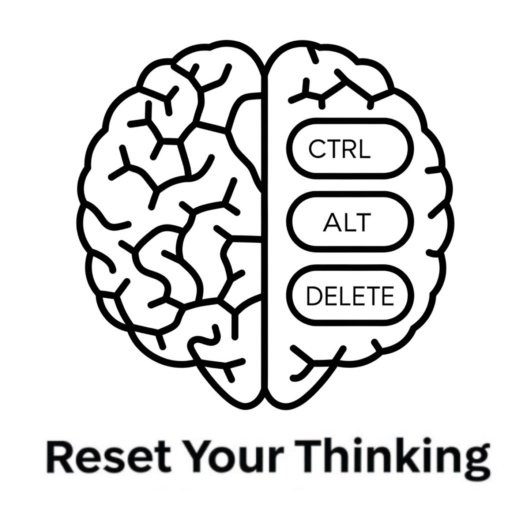“The E-Myth Manager” by Michael E. Gerber
Main Themes:
- Becoming an Entrepreneurial Manager (E-Myth Manager): The core concept revolves around managers thinking and acting like entrepreneurs within their organizations. This involves taking full accountability and authority, fostering growth in their teams, contributing to innovation, and operating their department as a separate business.
- The Emperor vs. The Manager: The book distinguishes between the “Emperor,” the visionary leader with a clear purpose and the “Manager,” who often executes the Emperor’s vision without a clear personal vision. The goal is to transform the Manager into their own “Emperor” by developing a personal vision and purpose.
- Vision and Purpose: The importance of having a personal vision (Primary Aim) that transcends the organization’s goals is emphasized. This vision should encompass the entirety of one’s life and serve as a benchmark for making decisions and evaluating opportunities.
- Overcoming the “Domain of Getting”: The “Domain of Getting” refers to the pursuit of external validation and ego-driven achievements. The book encourages managers to move beyond this domain by focusing on personal growth and contribution.
- The Three Roles: Emperor, Manager, Technician: Balances involves playing out three roles every day:
- The Emperor: Thinking in terms of vision and standards.
- The Manager: Thinking in terms of processes and systems.
- The Technician: Thinking in terms of skills, improvement, and action.
- The Importance of Self-Management: Before managing others, one must learn to manage oneself. This involves creating a personal vision, establishing standards, understanding one’s behavior in the roles of Emperor, Manager, and Technician, and consistently monitoring oneself.
- Authority and Accountability: Managers need the authority necessary to fulfill their accountabilities. A “diminished Manager” relinquishes authority and avoids taking responsibility.
- Financial Literacy: Managers should understand the financial impact of their decisions and treat the organization’s money as if it were their own.
- Organizational Strategy: This requires innovation, quantification, and orchestration of systems. It also involves recognizing the different personality types within the organization (Grunt, Mercenary, Patriot, Nice Guy, Inventor) and understanding their motivations.
- Marketing as Attraction: Marketing is viewed as a process of attraction, creating an offer that customers can’t refuse. Managers need to identify their “waiting room” and find ways to make their customers’ lives easier.
- People Development: The E-Myth Manager focuses on the management of the system through which people can produce results.
Most Important Ideas/Facts:
- The E-Myth Manager operates his organization as if it were a business on its own, outside the body politic of the larger firm, yet simultaneously serving the larger firm and its strategic initiatives. This highlights the importance of entrepreneurial thinking and autonomy within a larger organization.
- “…there is no real mission statement or business aim that’s propelling you to do the things you are supposed to do. It’s not the company and its goals that are motivating you, it’s some person.” This emphasizes the often overlooked personal dynamics and power structures within organizations.
- “Am I here to serve this person, or am I here to serve me?” This is the critical question that allows managers to realign their priorities and focus on their own vision.
- “To begin reinventing your work as a Manager, you must begin the job of reinventing yourself.” This underscores the necessity of personal transformation for effective management.
- “Getting is the motivation behind nearly everything we do.” Acknowledging the role of self-interest provides a realistic framework for understanding human behavior in business.
- “The only management tools that have ever worked were invented at the beginning of time. They are greed and fear.” This highlights the primitive, often subconscious motivators that influence decision-making.
- “Without the intensity, there can be no realization of the Vision.” Underscores the importance of passion in translating vision into reality.
- “Personal responsibility creates personal freedom.” An emphasis on taking ownership of decisions as the path to autonomy.
- “Once you know what you want, only you can get it. You can’t delegate the responsibility for inventing your own life.” The responsibility to define one’s own vision is non-transferrable.
- “So to manage oneself…it is necessary to think in terms of standards, and before you can think of standards, you must first have a Vision for yourself.” This highlights the hierarchical relationship between Vision, Standards, and Self-Management.
- “The Emperor is the one who remembers. Always. Not only where we have been, where we are going, and who we are, but most important of all, what is truly happening at this very moment.” A call to be rooted in the present moment and mindful of the impact of actions.
- “Forget about me and let’s see what it does.” It being the organization. A focus on building an orgainzation that runs as a product of its systems and people instead of of the single leader.
- The E-Myth Manager’s job is to engage with the present in a fully enlightened manner while inventing the future. Balances the short term with the long term.
- A Grunt is only a Grunt to the degree that his attention and intention lie fallow.” A person’s potential for growth is stunted only by their own lack of effort.
- “The answers to these questions aren’t about solving problems, they’re about seizing opportunities. When you treat the organization as if you own it, you become accountable for every system and strategy that runs it, and that includes marketing. As an E-Myth Manager, you make your own success. And once you’ve made it, make it again.” Taking ownership of an orgainzation includes active participation in marketing.
Key Takeaways:
“The E-Myth Manager” provides a framework for managers to transform themselves into entrepreneurial leaders by developing a clear personal vision, fostering innovation within their teams, and taking full accountability for their organization’s success. The book emphasizes the importance of self-management, financial literacy, and systemization as crucial elements of effective leadership. The text also advocates for creating an environment where individuals are empowered to pursue their own goals while contributing to the overall success of the organization.
RYT Podcast is a passion product of Tyler Smith, an EOS® Implementer (more at IssueSolving.com). All Podcasts are derivative works created by AI from publicly available sources. Copyright 2025 All Rights Reserved.

